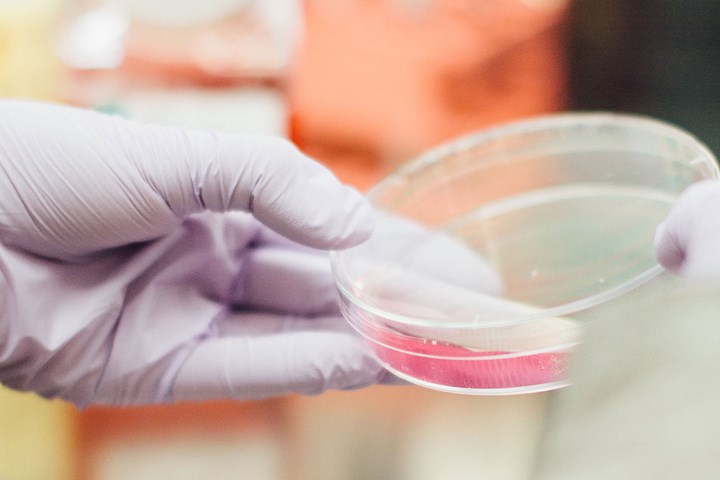Proprietary TPE Compound for Premium Electronic Components
PolymaxTPE’s new bondable TPE boasts excellent adhesion to PC, ABS and their blends and alloys.
New TPE technology from PolymaxTPE, Waukegan,Ill., has resulted in a TPE compound that outperforms TPU and TPSiV in premium electronic components. This material reportedly is abrasion resistant, odor-free and has excellent chemical adhesion to PC, ABS and their blends and alloys. The material can be used in any application where an item is handled frequently in an abusive environment such as protective cases and on wearable technology.

Following months of rigorous testing, PolymaxTPE created a proprietary formula, designed to be molded in two-stage or insert molding processes. This material has been shown to offer good mold flow characteristics and part demolding, allowing for manufacturing efficiencies.The new product technology adds to the deep lineup of TPE solutions offered by the company and is a perfect extension of the A-Series products by PolymaxTPE, which is designed specifically for bonding to PC, ABS and other engineering resins.
Said v.p. of sales Tom Castile, “With the experience and technical knowledge at PolymaxTPE, we understand the reaction between a demanding operational environment and the ingredients required in an elastomer formulation. This allows us to develop a customized product that meets the requirements of the application with excellent processing performance at a competitive cost. Our solution is easily colorable and has strong UV stability with no loss of adhesion to the rigid substrate when exposed to sweat, grime or conventional topical lotions, commonly used by consumers, making our TPE technology an ideal replacement for TPUs and TPSiVs.”

Related Content
-
Automotive Awards Highlight Emerging Technologies
Annual SPE Automotive event gives nods to several ‘firsts’ as well as sustainability.
-
Prices Bottom Out for Volume Resins?
Flat-to-down trajectory underway for fourth quarter for commodity resins.
-
Prices Up for All Volume Resins
First quarter was ending up with upward pricing, primarily due to higher feedstock costs and not supply/demand fundamentals.




